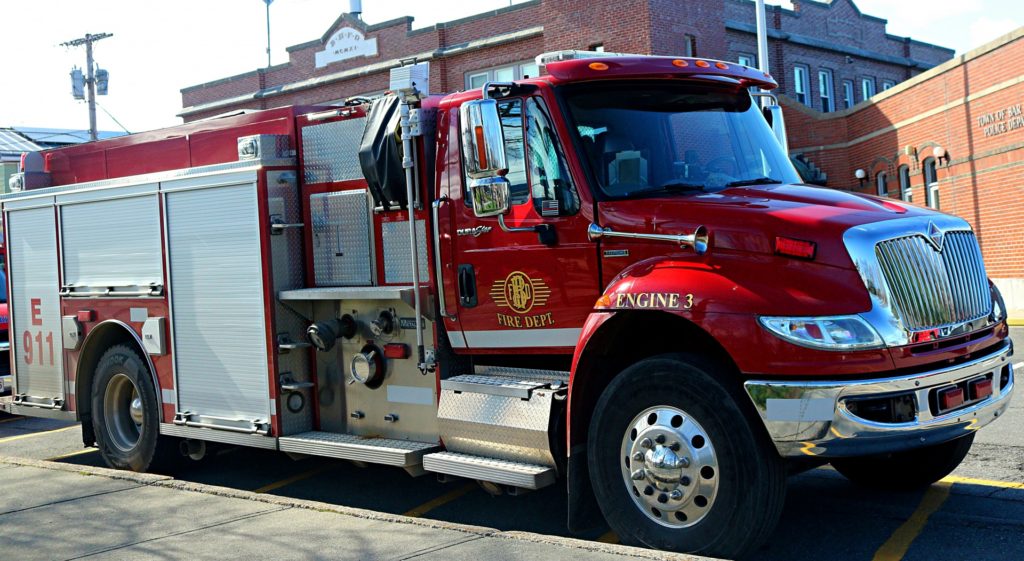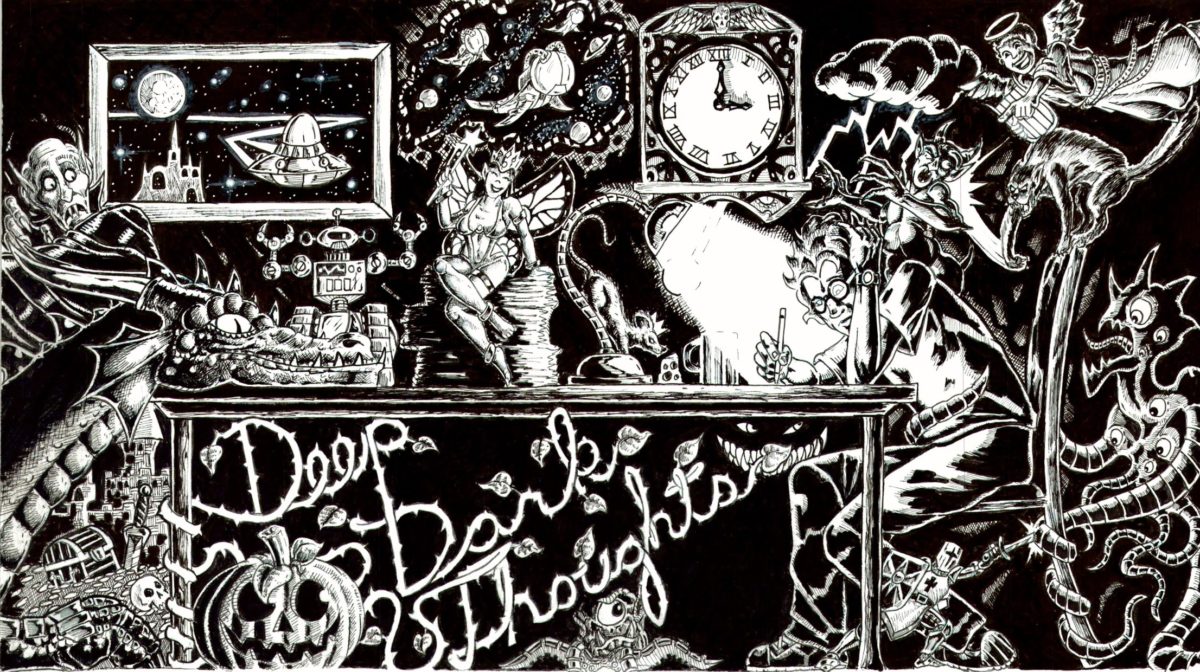
For as far back as I can remember, the fire departments and police departments have had an ongoing rivalry. It isn’t heated or vicious by any means, but whenever members of both agencies get together there are always good natured (and a few not so good natured) comments made about the effectiveness of one agency or the other.
For example, fire fighters refer to police as “blue canaries.” This is a reference to the fact that police officers typically arrive at emergency calls first since there are more of us and we are already in our vehicles driving around when the calls come out. When fire fighters arrive at the scene, they look for the cops. If the blue canaries are still alive and walking around, they know that it is safe for them to come in.
Why does this rivalry exist? I’m not sure, but I think it’s because fire fighters feel emotionally insecure around cops. They know that if they had only scored a few more points on their civil service exams, they too could have been employed in law enforcement.
But despite this give and take, I have to admit that when fire and police are working together, we can accomplish some really great things.
I am reminded of a specific incident that occurred over a decade ago while I was working for the Sacramento County Sheriff’s Office. I was on patrol and I was dispatched to an apartment complex because a man had brandished a knife at a fire fighter.
Apparently, someone living in the apartment complex had stopped taking his medication against his doctor’s recommendations. The man had begun to hallucinate and hear voices and, realizing what was happening to him, he called 9-1-1 and asked for the fire department to come get him and transport him to the hospital where he could get some help. Unfortunately, when medical personnel arrived at his house, he was in the middle of a full psychotic break and he attacked the first fire fighter at his door with a knife.
The fire department called and requested that police respond to assist.
When I arrived, I was met by the Fire Captain on scene, a tall, fit looking gentleman who appeared camera ready for next year’s fire department wall calendar. He smiled at me at like a tolerant sibling whose kid brother has just showed up uninvited to a gathering of friends.
“Dude pulled a knife on me,” he said without any preamble.
When I asked where the suspect was, the captain told me he was still in his apartment.
“He still has the knife?” I asked.
“No.” The captain then held up a rather large chef’s knife.
“He gave it to you?” I said, surprised at this unexpected turn of events.
“When I punched him in the face, he dropped it,” the captain explained. “I picked it up.”
“Do you want me to arrest him for the knife,” I asked, wondering if I had any evidence bags big enough for the blade he was holding.
The fire captain gave me a look like I was being particularly slow on the uptake that day.
“The guy is off his meds. He needs to go to the hospital, not to prison.”
“So, why am I here?” I was starting to feel a bit slow now as well.
“He needs to go to the hospital,” the captain said, enunciating each word very carefully.
“Take him to the hospital,” I said, helpfully.
“He is refusing to go.”
“And…?”
“And he needs to go.”
The lightbulb finally clicked on for me. When somebody refuses to receive any medical care, fire fighters and paramedics do not have the authority to force that person to get help. Police officers, in specific situations, do. This was one of those situations. The captain wanted me to make sure the guy in the apartment went to get that much needed help.
“Where is he?” I asked.
The captain pointed to a ground floor apartment several yards away. The front door was standing open, and through the open doorway, I could see a young man sitting cross-legged on the floor, holding his head in his hands and rocking slowly back and forth. “His name is Kevin,” said the captain before sending me on my way.
I approached “Kevin,” and found him crying in the living room of his apartment. He glanced up at me when I walked into the room and I could see his nose was bleeding. Apparently, the fire captain had a really mean right jab.
“He hit me,” said Kevin.
“You threatened him with a knife,” I said, knowing he was referring to the captain.
Kevin nodded and started to cry again.
I quickly but carefully checked Kevin’s pockets and waistband to make sure he did not have any more weapons and found nothing in his possession.
“You called us for help,” I told him. “The fire department wants to take you to the hospital. Will you go with them and get that help you wanted?”
Kevin shook his head.
“I can make you go, if I have to, Kevin. You know that, right? I don’t want to do that. I think it would be better for you and everyone else if you went voluntarily.”
He shook his head again.
“Why don’t you want to go?”
“I don’t want him to hit me again,” Kevin told me, pointing at the fire captain standing outside.
I almost laughed but I didn’t think that response would be totally appropriate given the circumstances. The only reason Kevin wasn’t already on his way to the hospital was he was afraid the captain was going to punch him. Again.
I asked, “If I make him promise not to hit you again, will you go to the hospital?”
Kevin nodded.
Thirty seconds later, Kevin was in the ambulance and on his way to the hospital, smiling and joking with the paramedics.
“You’re welcome,” I told the fire captain, although nobody had bothered to thank me at that point.
The captain smiled at me, then said, “Hey, Gary. What does a cop and a fire fighter have in common?”
I shook my head, knowing I probably didn’t want to hear the answer.
“When they were little boys, they both wanted to grow up to be firemen.”
And the rivalry continues.
.
.
.

Enjoying Deep Dark Thoughts? Follow me on Facebook so you don’t miss a post. Just go to my page and click the “Like” button to receive updates on my blog and other projects.

And you can follow me on Twitter @gallenwilbanks.
